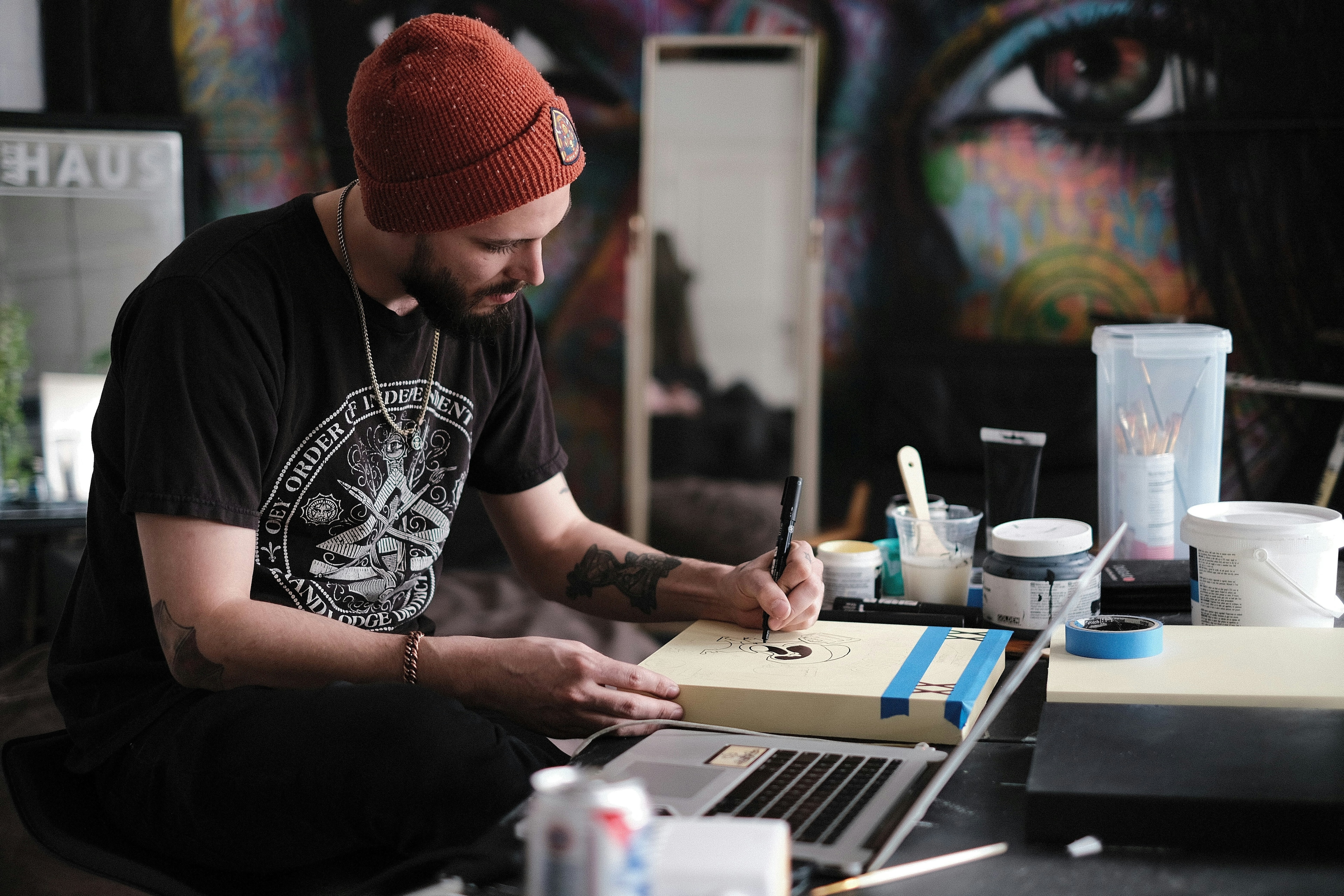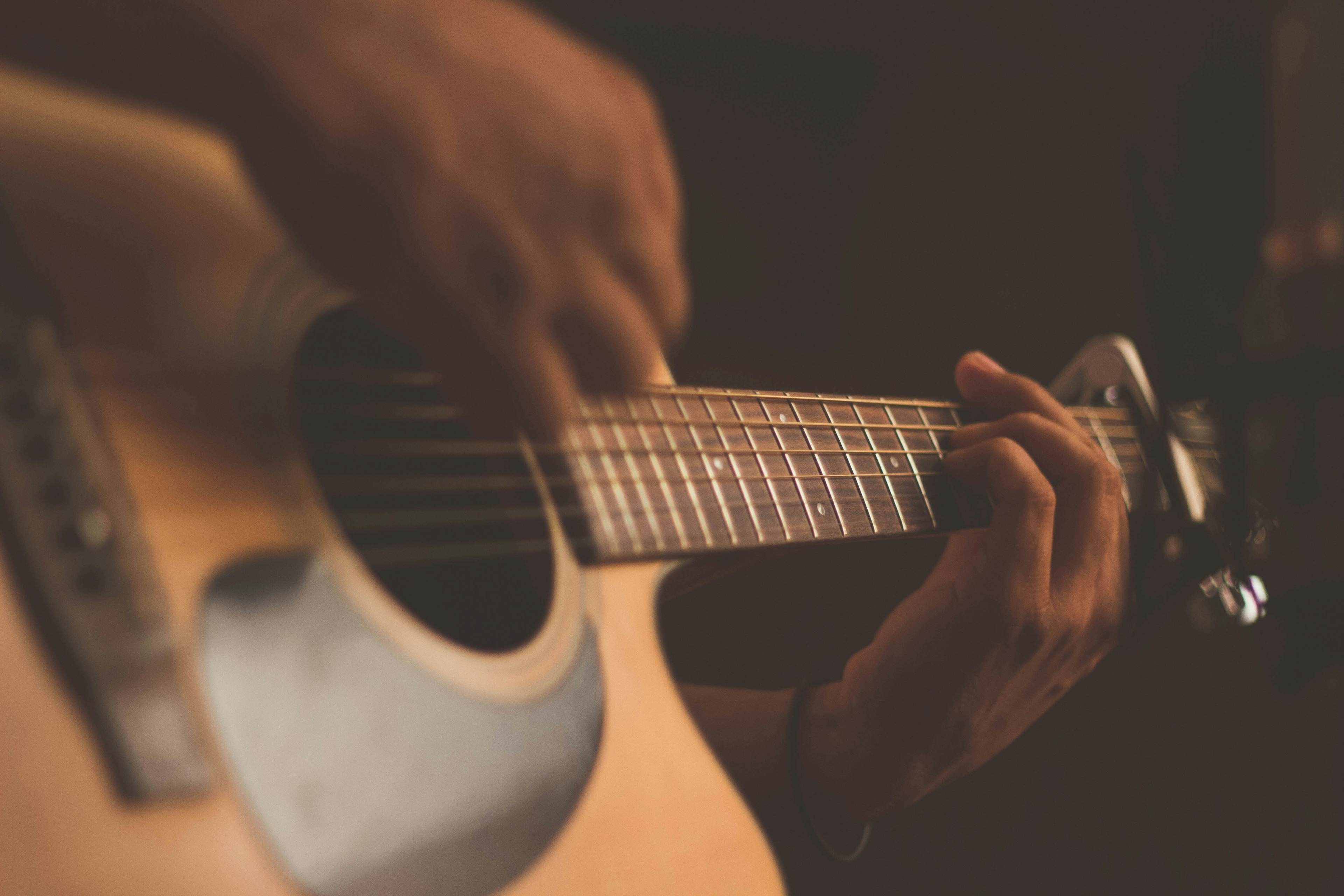What leadership means to me – by Shakira, Jamie Oliver, Forest Whitaker and 12 other artists and activists

Artists at Davos ... Sharmeen Obaid-Chinoy, Forest Whitaker, Haifaa Al Mansoor, Jamie Oliver and Shakira, among others

Get involved with our crowdsourced digital platform to deliver impact at scale
Stay up to date:
Arts and Culture
What would you say, if you could talk to the most powerful people in the world? We asked a collection of artists, actors and film-makers to share with us the issues they’d raise – whether it's confronting conflict, educating the young, helping the marginalized or feeding the world. This is what they had to say.
Jamie Oliver, Chef and restauranteur
To me, responsive and responsible leadership means creating a food system that is based on love and care – and is built to help people and communities thrive. Not cripple and displace them.
What’s fascinating – amazing, scary and incredible – is how food interacts with pretty much everything on the planet. It’s the biggest global employer, the biggest business – and it presents the biggest problems to our booming population. Tackling food-related disease has never been so urgent.
Creating a better food system is what gets me up every morning – and what I’ll continue to campaign for, for the rest of my career. I truly believe that the power of food has a primal place in our homes, and binds us to the best bits of life.
Shakira
An early childhood movement is needed now. Governments and the private sector must invest in policies that support parents and give them the resources and time they need to love, nurture and protect their young children. We need investment in parenting care programmes. And finally, we need parents to understand they have a right to the time and knowledge they need to raise happy, healthy, creative children.
Read more from Shakira here.
Sharmeen Obaid Chinoy, Film-maker
Responsive and responsible leadership to me, represents and fights for all people, including those marginalized on the sidelines. It focuses on issues which make people uncomfortable and pushes society to have a discourse so that they can be addressed.
Forest Whitaker, Actor and activist
I have grown aware that many more young people than we know have seeds of leadership in them. Many more than we know can surprise us. What it takes to reveal such potential is, mostly, for us to place trust in young people and their capacity to shape their future and ours: championing leadership when you see it is the responsive and responsible thing to do.
Read more by Forest Whitaker in his blog, here.
Carol Becker, Dean of the Columbia School of the Arts
Imagination allows us to envision a future beyond what we allow as possible in the present. It must be cultivated in all forward-looking environments. Artists and those who negotiate such zones of creativity know how to empower people to imagine new realities through individual and collective efforts. Responsive and responsible leadership demands this type of knowledge.
Sabine Choucair, Clown
The artists’ job is to challenge conventional ways of thinking and seeing. So at a time of such great upheaval in the world, I see my role as essential in exploring overlooked complexities and shining light on the human stories of those affected by momentous events, whose voices often go unheard.
Platon, Photographer
Leaders today must be bridge-builders, finding common ground between divided people. The fourth industrial revolution has empowered us in so many ways, yet there are significant challenges and risks ahead. We have sadly allowed ourselves to become trapped in filter bubbles and echo chambers. Good leadership must help break this pattern, and allow us to focus on common ground rather than be defined by our differences. Compassion and empathy must be key components in the decision-making of all responsible leaders.
Sarah Parcak, Satellite archaeologist
It means constantly moving forward in the face of adversity, and using your position to celebrate the great work being done in your field. It means pushing the boundaries of what is possible, and serving as an example through your actions.
Andrea Bandelli, Executive Director of Science Gallery International
Responsive and responsible leadership means putting courage and humility at the centre of what we do. It takes courage to trust others; to realize that our decisions are not perfect; and that we can make better decisions only by sharing our knowledge to truly respond to cultures and environments that are distant from us. But to do this, we need to regain humility in how we lead. Leadership is not a competition to win; it is a process to nurture and to sustain. Humility is our defence against fear and hasty decisions. Humility enables us to listen openly and thoroughly to others, becoming aware our limits. Humility gives us the strength and confidence to see limits and boundaries as something to go beyond, not something to contain our people and our thoughts.
Tomas Saraceno, Artist
From the Anthropocene to Aerocene, a new epoch in geological terms ... we need to have shared responsibility for a more-than-human world.
Haifaa Mansour, Film-maker
Responsible and responsive leadership is difficult in the Arab world, because our civil-society institutions are still very primitive. Many of our leaders don't feel the same pressure they would in places where outside groups or societies are stronger and more focused in their reactions to their respective decision-makers. So a responsive leader is one that not only allows but encourages criticism from within the society, particularly from the arts and media. In order for our leaders to better understand what our needs as a people are, we need to invest more in community and social activities that clearly articulate what our needs and desires are.
I believe strongly in the arts as a platform for social dialogue and commentary, and believe that it is the safest space for conversations in a society. The role of the arts in sparking these conversations should not be overlooked, as it is often the impetus and encouragement for change at a broad level. Whether or not our leaders are held accountable by democratic or merit-based systems, it is up to us as artists – whether we are writers, painters, actors, poets or otherwise – to present a critique and commentary of leadership that holds leaders accountable.
This is a tough job, but it does not need to be destructive or combative. We should praise positive change while showing the devastating effects of stagnation or unresponsive leadership. We are all in this together, and a truly responsive leader knows that we can only move forward if we recognize or shared destiny and mutual need for innovation and improvement.
Ana Cristina Vargas, Architect
Responsive and responsible leadership, to me, is to act as a guide for those who follow us, being aware of the time we are living in and realizing how every one of our actions impacts the foundations we lay for those who will come after. In that sense, arts and culture are a medium that transcend everyday urgency and remind us to stop and reflect on the future, our lives and our roles in society.
Patrick Tresset, Artist
It is clear that at present a lot of things in the world are going in the wrong direction. This situation seems surprising when technological and scientific advances could resolve a large number of problems. It is very difficult to stay silent, to not react, to not do anything. It seems extremely important to do something now, and we would be guilty and accomplice by staying immobile.
In my artistic practice I am currently trying to find a way to express ideas about our times, what seems to be wrong, but also what could be amazing – offering a perspective. For the moment I am still searching for the right way to express these ideas.
I often receive questions from young people who are scared for the future. I generally tell them that what will happen in the future is in part their responsibility, that they can change the world, and influence what's to come.
David Hertz, Chef and social entrepreneur
A leader thinks bigger than himself. He or she is committed to working for others with respect and with full commitment. Having the right intention, with a clear goal and a holistic vision, makes a leader responsible. He or she needs to be responsive in this ever-changing world, promoting a horizontal approach for the greater good, fostering collaboration and engagement of multiple stakeholders at all times.
Mokena Makeka, Architect
The widening chasm between the prosperous and the vulnerable provides a foothold for despair, anger, fear and conflict over resources and the perception of their scarcity. With unprecedented levels of technological advancement and slivers of opportunity, our species is confronted by the precipice of social and environmental injustices, involuntary migration and the direct erosion of human rights.
Through the instrument of responsive and responsible leadership, we are able to steer away from the abyss and find a different reality within ourselves and others for the greater good of all. To be responsive is to be alert, conscious, capable of action, and active. To be responsible is to be ethical, wise, considerate and accountable for one’s actions; and to be cognisant that every act is an example, a precedent for oneself and the continuum of a culture of service between those who lead and those who are led.
This requires a much greater sense of duty than power exercised by nature of office, but rather power exercised in service of others. This is leadership defined as supporting a culture of a collective and shared destiny to which all behaviour is accountable, and neither narrow in focus nor selective in understanding its impact.
Don't miss any update on this topic
Create a free account and access your personalized content collection with our latest publications and analyses.
License and Republishing
World Economic Forum articles may be republished in accordance with the Creative Commons Attribution-NonCommercial-NoDerivatives 4.0 International Public License, and in accordance with our Terms of Use.
The views expressed in this article are those of the author alone and not the World Economic Forum.
Related topics:
The Agenda Weekly
A weekly update of the most important issues driving the global agenda
You can unsubscribe at any time using the link in our emails. For more details, review our privacy policy.
More on Arts and CultureSee all
Joseph Fowler and Amilcar Vargas
April 18, 2024
Robin Pomeroy and Sophia Akram
April 8, 2024
Faisal Kazim
April 3, 2024
Robin Pomeroy and Linda Lacina
March 28, 2024






